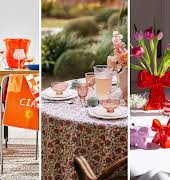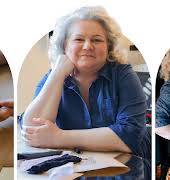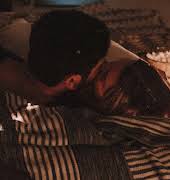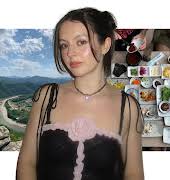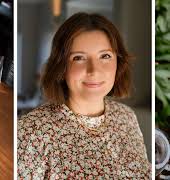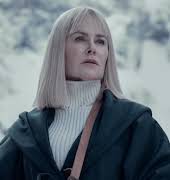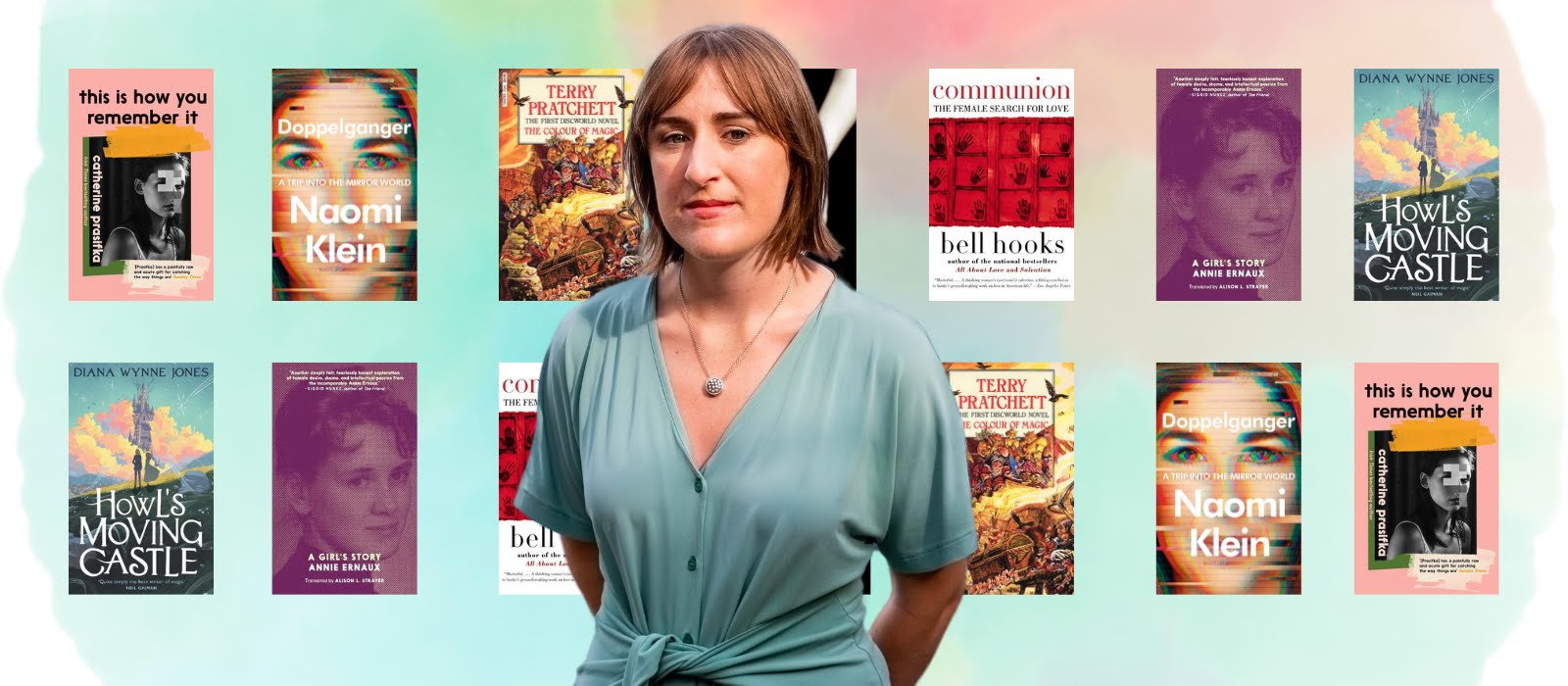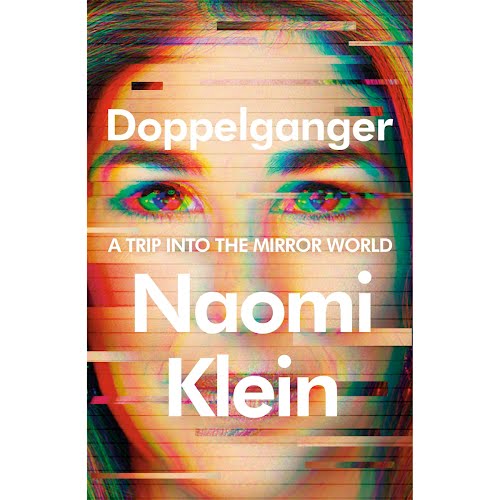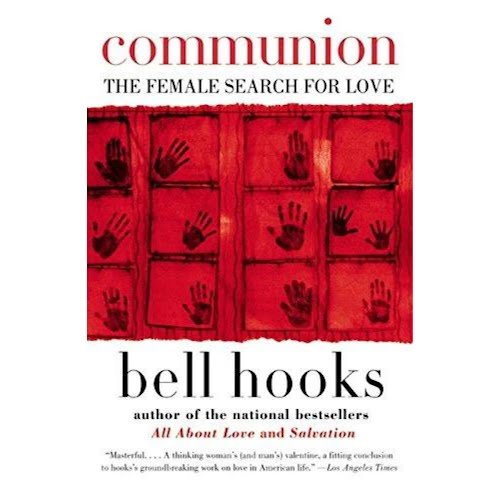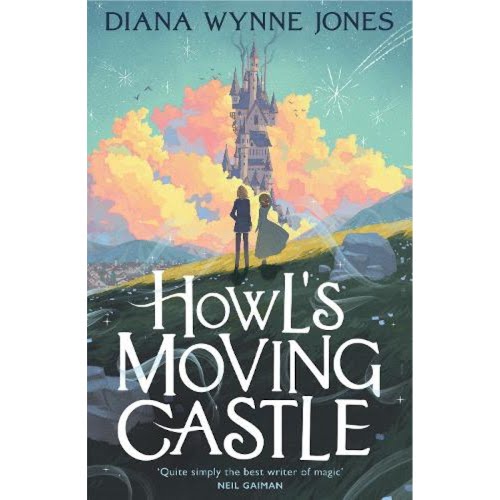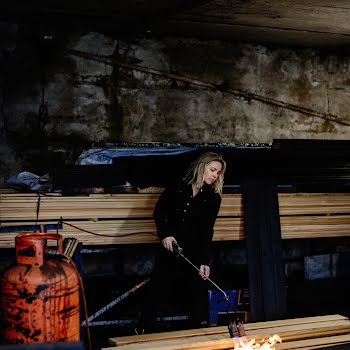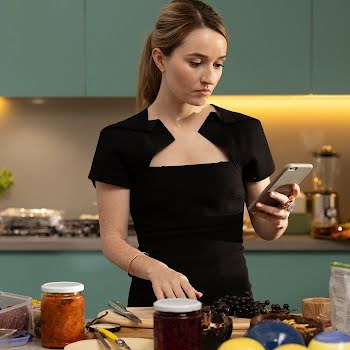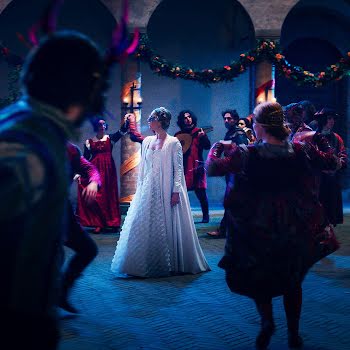Page Turners: ‘This Is How You Remember It’ author Catherine Prasifka
Ahead of the publication of her new novel, This is How You Remember, we caught up with Catherine Prasifka to discuss her literary influences, writing process, and the ways in which the internet has fundamentally changed our lives.
Catherine Prasifka’s debut novel, None of This Is Serious catapulted her onto best-seller lists, solidifying her as ‘one to watch’ on the Irish literary scene. Now, the newly-published This Is How You Remember It holds up a microscope to the myriad ways the internet, social media, and living our lives online are affecting us.
You’re nine when you get your first computer. Your favourite thing is a virtual pet website; you spend hours in the chatroom. You don’t understand why some of your online friends don’t use their real names. It’s not long before you discover porn. You don’t know what you’re watching, but you do know that you shouldn’t tell anybody.
Later, older, your first kiss is captured on camera and shared with everyone in your year. It feels like betrayal, but soon it feels normal. Part of the incessant cycle of posting, sharing and liking. Now, you can’t remember a time when you didn’t feel hollow inside. Now, you know that something has to change.
Chilling, potent and intensely intimate, This is How You Remember It is at once a cautionary tale, a call to arms and a tender love story. It is about a life lived online, and about finding another way, when it’s all you’ve ever known.
Read on for our interview with Catherine…

Did you always want to be a writer? Tell us about your journey to becoming a published author.
Yes. I am not sure a writer is something you want to be, I think it might just be something you are. As a child, I was always writing. If you asked me then if I thought I was on the journey towards being published I wouldn’t believe you, but at the same time it feels like every step I took was one closer to where I am now. From writing teenage vampire novels to studying English for my BA and going on to do an MLitt in fantasy literature, my journey has always been one of following my interests and hoping things work out for me in the end.
What inspired you to start writing?
I used to find it much easier to express myself through writing than speaking, so for me it was an escape into a world I could create and control. Writing bad poetry at age fourteen was a much needed lifeline as I was trying to figure out who I was. As for writing novels, there was no one thought that led me to finally starting the all-important word document, just a gut feeling that I had something I needed to say.
Tell us about your new book. Where did the idea come from?
This Is How You Remember It is my attempt to explain what it felt like to come of age with the evolving internet, with each experience with technology spurring you onto the next. It felt important for me to write because if you didn’t grow up that way, if you don’t remember it, it is nearly impossible to understand.

What do you hope this book instils in the reader?
I hope it opens up a conversation about the way the internet has fundamentally changed so many things. In particular, how we have allowed a handful of companies to seize control over platforms that have become essential tools for human connection, which they use to exploit the emotions of the young and the vulnerable for profit. I have always been too young to have an effect on the internet; but it has definitely had its effect on me.
What did you learn when writing this book?
This book arose out of many conversations with my friends. It is an act of communal recollection that forced me to reckon with my own internet usage. I think the reactions I’ve had to it are very telling, namely anyone who did not grow up online being horrified. But for those of us who did grow up online, it all seemed normal at the time. And much of it is still normal.
Tell us about your writing process?
I break my writing apart into ‘writing’ and ‘editing’ and tend to alternate between the two, throwing words down on the page for a few days and then untangling them. I think editing is essential to any writing process, because it is very difficult to have a good idea the first time. And equally difficult to have a good idea by yourself.
Where do you draw inspiration from?
Everywhere. I think narratives are everywhere, particularly online. When I am refining an idea I am reading fiction, non-fiction, talking to my friends, and doom scrolling.
What are your top three favourite books of all time, and why?
A Girl’s Story by Annie Ernaux – this is the book that I know I will spend my whole life trying to write, it’s a masterpiece.
Howl’s Moving Castle by Diana Wynne Jones – the ultimate comfort read.
Communion: The Female Search for Love by bell hooks – essential reading for when you’re in your early twenties and everything is aggressively early twenties.
Who are some of your favourite authors, Irish or otherwise?
Annie Ernaux definitely. I really admire her unflinching vulnerability. Terry Pratchett, Kazuo Ishiguro, Madeline Miller, Angela Carter, Eavan Boland. I tend to read very widely, but love anything that makes you think about the world in a new way, particularly if it has a fantasy bent.
What book made you want to become a writer?
It’s hard to pick just one, I think the joy of writing is seeing the connections between different stories and writing something that fills in a gap. However, my first ever novel, written when I was thirteen, was a response to Twilight. I’m not exactly proud of the fact, but I can’t deny it.
What’s one book you would add to the school curriculum?
Anything by Terry Pratchett. I would love to see fantasy being appreciated more for its subversive quality and the way it can turn reality on its head. But I also don’t want a generation of children to grow up irrationally hating Discworld.
What’s the best book you’ve read so far this year?
Doppelganger by Naomi Klein. It’s a great dissection of the polarisation of the internet, and how it affects contemporary politics.
What’s some advice you’ve got for other aspiring writers?
There is no replacement for just sitting down and doing it. This fact makes it somehow both very difficult and very easy. The biggest barrier to having a novel published is having a novel in the first place. You cannot do anything with someone you’ve never even started.
Lastly, what do the acts of reading and writing mean to you?
For me, writing is about communication. And reading it about sitting down for a few hours with someone else’s thoughts and digesting them. It’s a radical act of empathy.
‘This Is How You Remember’ by Catherine Prasifka is on sale now.
Image of Catherine by Joanna O’Malley.

